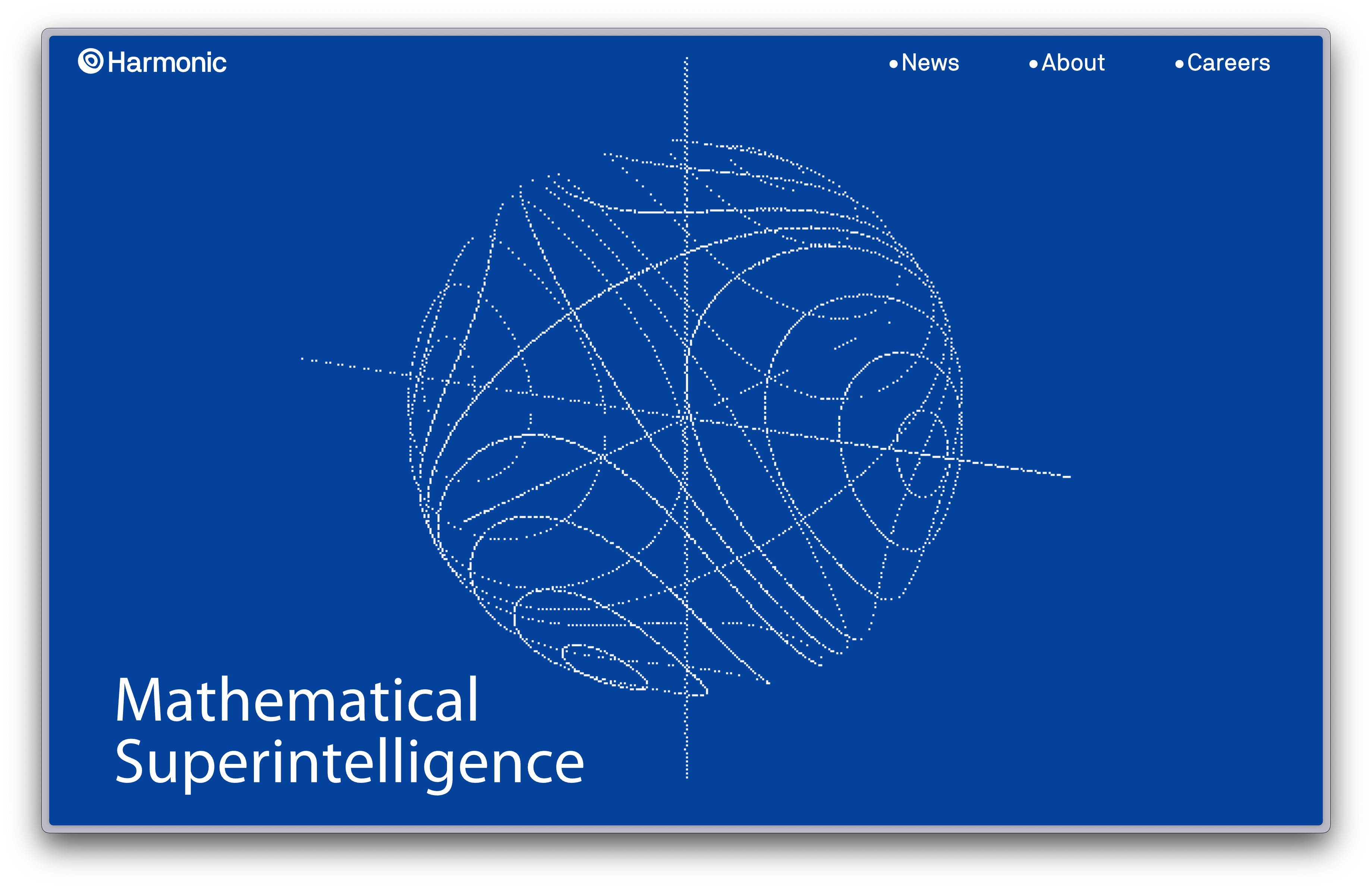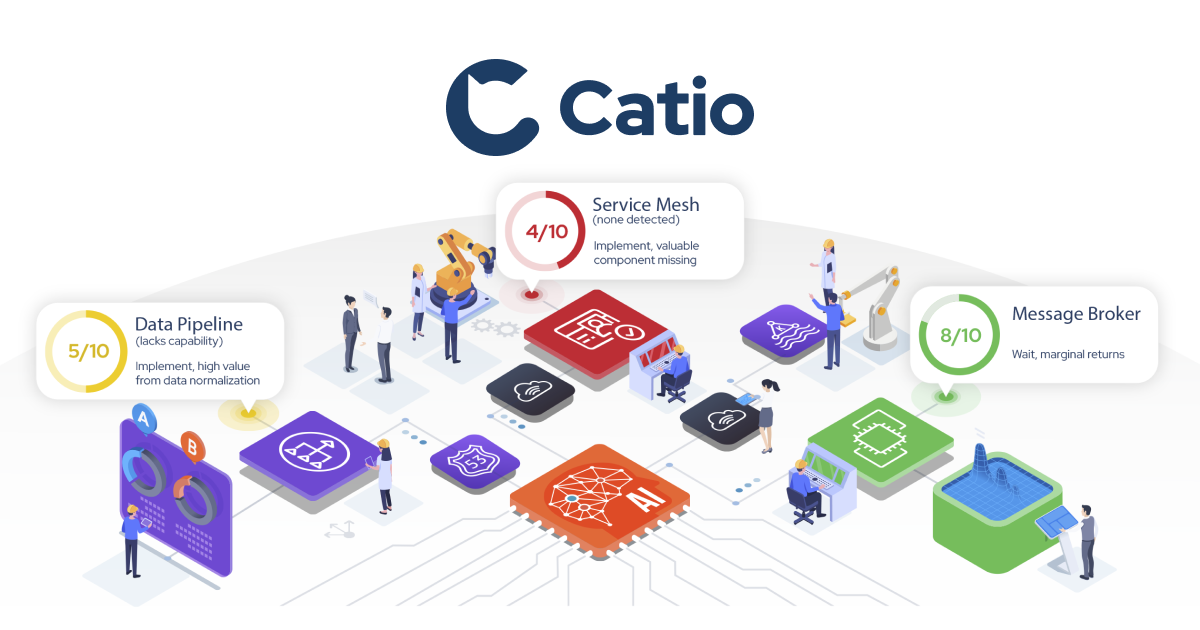How investors evaluate startups in the Gold Rush of Artificial Intelligence
Dotshub is the Best Startup Community in Istanbul

Background on Michael Staton
Michael has been in Venture Capital for nearly 15 years, investing across 5 different fund cycles into over 180 companies.
Of 66 "high conviction" investments, 12 are now "Unicorns", and 5 have IPO'd
including
- Dr. on Demand
- Wish
Related Investments
His AI related investments include:

Mathematical Superintelligence

Copilot for Tech Architecture
The Human Intelligence Company
Thinking Machines Lab

AI tools for human knowledge

Empower Your Team with Practical AI Skills
The Ultimate Math Help App | Math Explained

Learn 10x faster: coding, no-code, data science, data analytics.
Provocations (or Contrarian Points of View)
1. Let the bots have the jobs
We will be glad to offload the work AI will replace.
2. Easier to learn up learning curves.
AI will make it easier to learn new "Knowledge Economy" skills, as well as perform them.
3. The challenge isn't using AI, it's all the other stuff.
Organizations seeking to adopt AI will quickly find that it's not about adopting AI. It's about having good data, enabling and empowering teams, supporting innovators who cause problems with others, aligning on brand and mission, etc. There will be an increased role for Stack Engineering, and positions will be created to hire Stack Engineers instead of junior developers, though the persons filling them will be roughly the same.
4. Long term value capture will go to the Vertical Wrappers
Model "creators" or "producers" or "vendors" are in the greatest dogfight in generations. The value will go to the "Vertical Wrappers" that nail a particular customer base because they power a specific use case. (Examples: Jasper, Granola )
While models become commodity, the art of Fine Tuning can become very proprietary and value-add. Yet it required a lot of Retrieval-Augmented Generation, and In Context Learning.
5. Demand for Software Engineering will rise even faster
Vibe Coding is becoming super sophisticated, Context Engineering, and it will be a skill set in and of itself, just as important as software engineering has been.
Context Engineers cannot be successful without the deep involvement of senior, philosopher Software Engineers who have very artful opinions on how to develop code, how to architect complex projects, how to manage hundreds or thousands of people contributing to codebases. Demand for real Software Engineers goes up not down in the future.
In addition, it's likely that most of the market will trend towards Self-Hosting, using Open-Source Alternatives as a way to save on costs of using AI Models.
6. AI is not that Intelligent. It's pretty stupid, actually.
Generative AI and Agentic AI is mostly hot air and bullshit right now. It only really unseats humans in very limited use cases, and even then the only people that can "tell it what to do" are the same humans whose jobs they are theoretically replacing.
6. It's the accountants that should be scared.
White Collar jobs that pay very well are the first to have to massively reposition. Shipyard metal workers and neighborhood plumbers are last. Accountants are the ones who need to reposition now, not taxi drivers.
7. Sitting this out is not an option.
Everyone should be getting their hands dirty. Even though AI is massively overhyped and its really just idiocracy, the future will go to those that have a coherent vision on what to do and why. AI can generate good sounding strategies, but ultimately it will be humans who make the decisions, set priorities, create purpose, rally teams, etc. The only way to know how to do that for the new era is to go in and break your face on it.
Related Content
Reflections based on Audience Questions
The three primary stages of company building and their playbooks
1. Finders to Founders
Being a founder is a misnomer, in the beginning you are a finder. You are searching for clarity. According to Dave McClure, a startup is an organization that is confused about its product, its customers, and its business model. And a company is an organization that is confused about none of them.